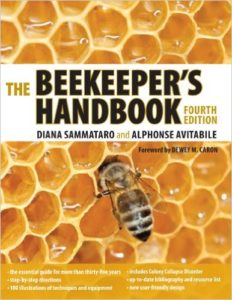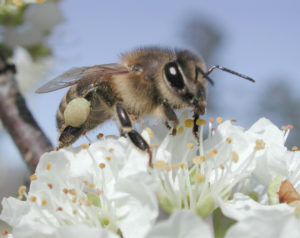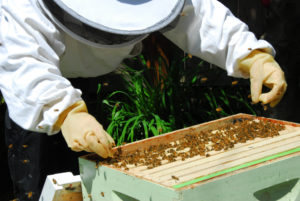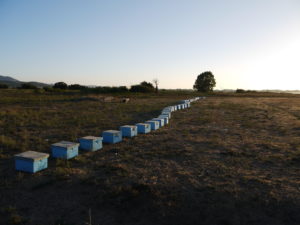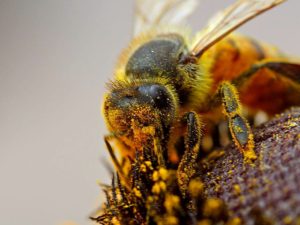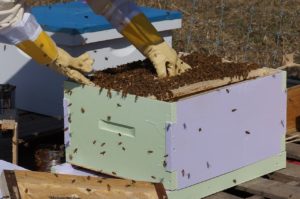The Beekeeper’s Handbook : Diana Sammataro, Alphonse Avitabile, Dewey M. Caron: Books
The Beekeeper’s Handbook 4th Edition by Diana Sammataro Editor’s Note: “One of the great frustrations for all of us at some point is, regarding life as a human, there’s no manual. But not so for bee keeping! This book is the bible for us beeks and we have all turned these pages – in curiosity and when
+ Read More

